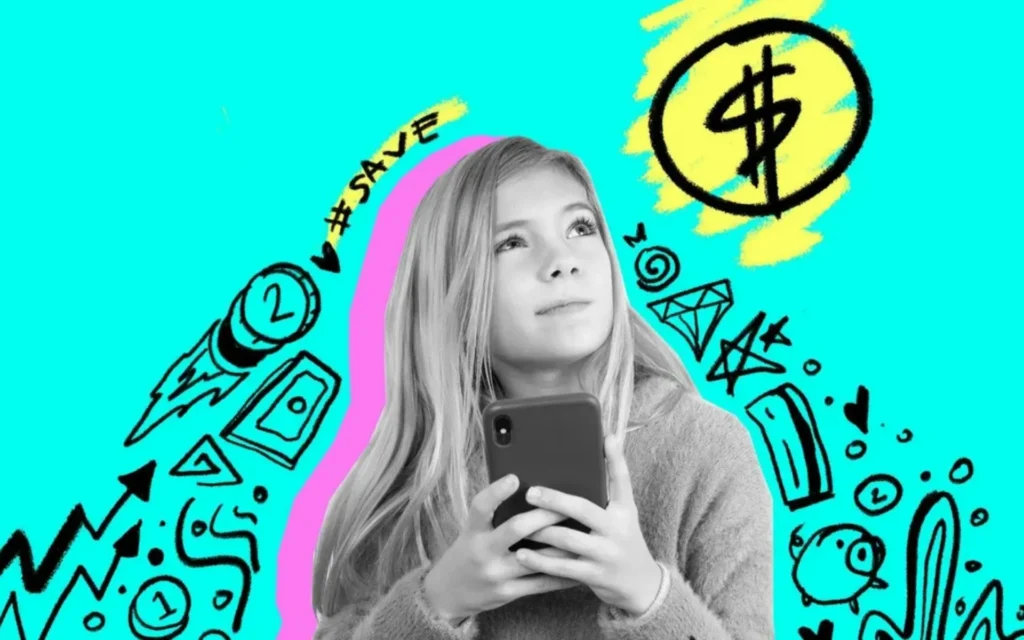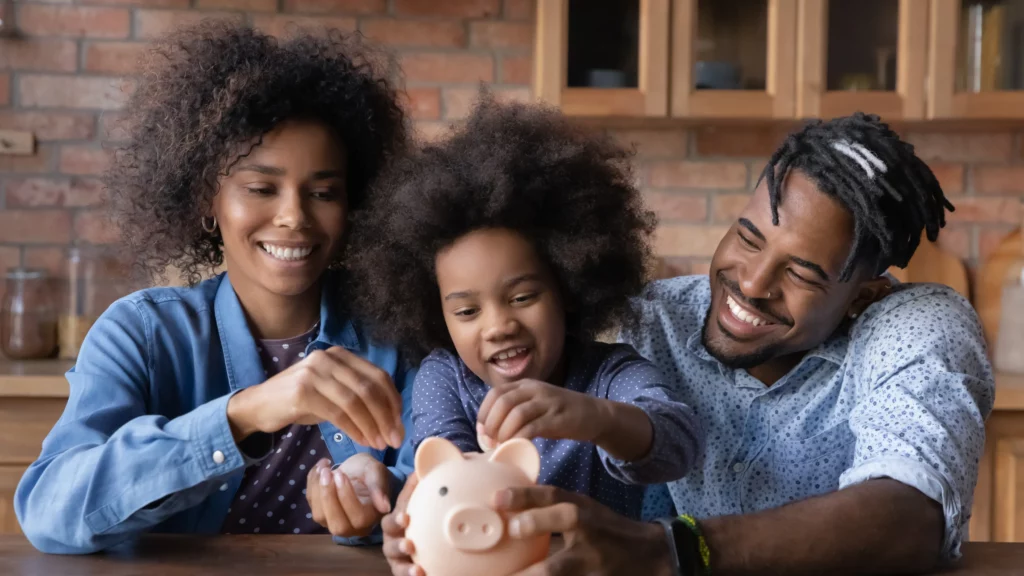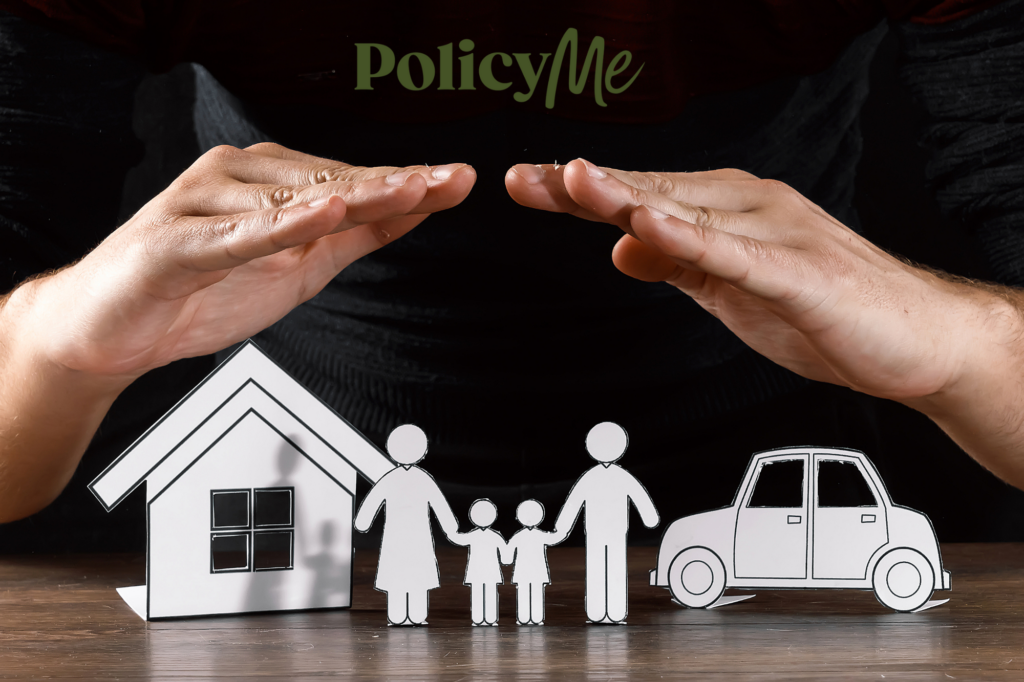Digital literacy is as crucial as reading and writing, and financial literacy for the younger generation has become a pivotal aspect of their education. The Mydoh app, developed by the Royal Bank of Canada (RBC), is a pioneering tool designed to weave financial literacy into the fabric of daily life for Canadian youth. This platform is not just a money management app; it's a doorway to economic independence for kids aged 6 to 18.
Advertisements
The Mydoh Smart Cash Card and app
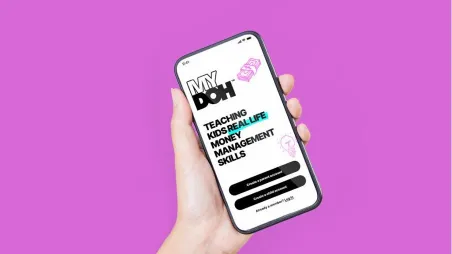
Mydoh offers a blend of practicality and education, featuring a smart cash card and an engaging app. Here's how it empowers both parents and children.
| For parents | For children |
| Add and monitor weekly tasks | A hands-on approach to managing tasks, earnings, and expenditures |
| Instantly reward task completion with pay or a separate allowance | Real-time balance updates |
| Oversee transactions for a sneak peek into your child's spending habits | The Mydoh Smart Cash Card: a physical and digital card for in-store and online purchases |
How Mydoh promotes financial literacy
The cornerstone of Mydoh's approach is its simplicity and engagement. It demystifies financial concepts through:
- Play Mydoh: An educational feature with fun facts and trivia about money.
- Mydoh’s Gallery: A collection of resources for deeper financial learning.
Mydoh currently offers a 30-day free trial. After 30 days, the cost is $2.99/month for up to 5 children, with no additional fees.
Setting up your Mydoh journey
Starting with Mydoh is straightforward:
- Download the Mydoh app from the Apple App Store or Google Play Store.
- Register using RBC credentials or a government-issued ID.
- Add your child to the app and embark on a financial literacy journey together.
Advertisements
Mydoh’s features at a glance
Mydoh isn't just another banking app. It's a financial learning tool with unique features:
- Task tracking: Kids can mark tasks as complete and track their earnings.
- Spending and saving: Children learn to manage their money by viewing their transactions.
- Financial education: Access to Play Mydoh enriches their understanding of personal finance.
The Mydoh Smart Cash Card
The physical Mydoh Smart Cash Card is more than just a spending tool. It's a hands-on lesson in financial responsibility, teaching kids about:
- Spending power: Understanding how economic factors like inflation affect purchasing power.
- Budgeting: Learning the importance of managing money wisely.
Why Mydoh?
Choosing Mydoh as a financial teaching tool for your child is a step towards securing their financial future. Here's why:
| Award-winning | Recognized for its innovation in financial education |
| Security | Backed by RBC’s robust security measures |
| Engagement | High user activity among kids and parents, with significant positive feedback |
Incorporating Mydoh into Daily Life
Mydoh simplifies financial discussions, making them a natural part of your child's daily routine. Whether earning money through chores or saving for future goals, Mydoh provides a practical and enjoyable platform for these important lessons. Check out this great review video of Mydoh that Charlee Wayne produced in 2022.
Mydoh's practical uses and benefits
The Mydoh app and Smart Cash Card are more than innovative financial tools; they're the future of financial literacy and independence for Canadian youth. Through an intuitive interface and real-life money management scenarios, Mydoh teaches children the value of money, the importance of saving, and the basics of budgeting—all essential skills in today's economy.
Turning theory into practice with a great UX
Parents and children across Canada have shared their success stories, highlighting how Mydoh has positively impacted their financial habits and understanding:
- Increased financial awareness: Children become more aware of their spending habits and learn to make more informed decisions with their money.
- Goal-oriented savings: Mydoh's savings goal feature encourages kids to save for specific items or events, teaching them patience and the value of hard work.
In-depth on features
Mydoh makes daily interactions and transactions seamless. The following table outlines some of Mydoh’s most exciting features.
| Feature | Description |
| Weekly allowance | Parents can set a weekly allowance, teaching children about regular income |
| Task completion rewards | Rewards for completed tasks motivate children to contribute to household chores, linking hard work to financial rewards |
| Savings goals | A feature that allows setting and tracking progress towards specific financial goals, instilling the importance of saving |
| Real-Time notifications | Instant updates on account activity keep both parents and children informed, promoting transparency and trust |
| Educational content | Play Mydoh and Mydoh’s Gallery provide fun and interactive ways to learn about financial concepts, enhancing financial literacy |
Advertisements
Finding financial independence early on
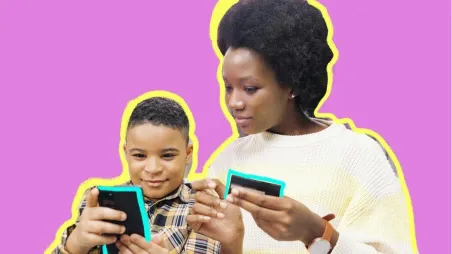
Mydoh facilitates a practical understanding of money management and fosters a sense of financial independence from an early age. Children learn to manage their money through their Mydoh Wallet, gaining insights into spending and saving patterns. This early exposure to financial responsibility is crucial in preparing them for the complexities of adult financial management.
Security equals peace of mind
With the backing of the Royal Bank of Canada, Mydoh provides a secure platform for financial education and transactions. Parents have peace of mind knowing their child’s financial activity is protected, and the customizable controls ensure that spending never goes beyond set limits.
Mydoh is a step towards a financially literate future
Mydoh is a valuable tool promoting widespread financial literacy among Canadian youth. Its innovative approach to financial education, combined with practical money management tools, prepares the next generation for a successful and responsible financial future.
For a more in-depth understanding and to start your child's journey towards financial literacy, explore the Mydoh app today.
Creditpicks for you and your family
Creditpicks is a great place to start for those seeking to equip their family with the tools for financial success. For more insights and tools to enhance your financial literacy journey and some exclusive offers, subscribe to our mailing list.
Please note that this was not a paid sponsorship post. The Creditpicks team developed this post, given our appreciation of what Mydoh is doing for Canada’s youth.
Advertisements
